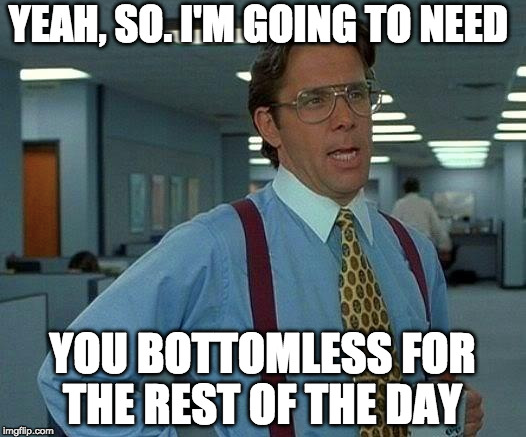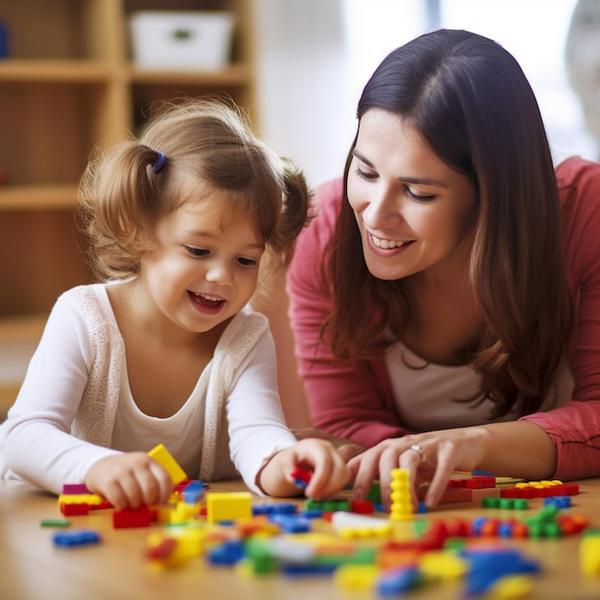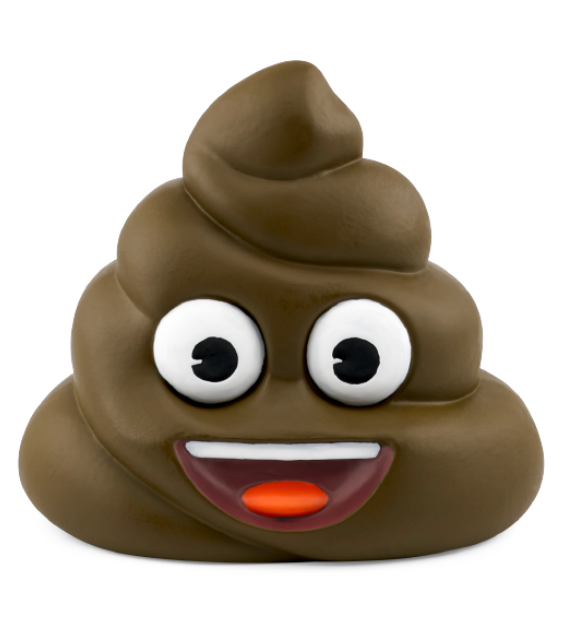
Should We Potty Train Our Baby?
Erin Burt
 Potty training is one of those topics that can quickly become overwhelming with the amount of information out there. There are various methods, products, books, and never-ending advice on it.
Potty training is one of those topics that can quickly become overwhelming with the amount of information out there. There are various methods, products, books, and never-ending advice on it.
What got my attention was something called Elimination Communication, also called infant potty training, which is a method where you use timing, signals, and cues to help an infant eliminate waste using a toilet. It can start as early as birth, which vastly differs from other potty training guides that generally take place later on in the child’s development.
Pros
The earlier your baby is potty trained, the fewer diapers you will use which can save you money and/or time washing cloth diapers. Plus, with this method your baby’s skin is able to breathe by not being exposed to constant moisture, which can prevent diaper rash.
Cons
The first con is also the last pro: having to keep a constant eye on your baby in order for this method to be successful. It may not always be feasible to achieve this.
According to Janet Lansbury, potty training is an accomplishment that a child deserves to own. It can be a confidence-building affirmation that they did it on their own, in their own time.
Still other experts argue that for proper bladder development, young children need to eliminate without inhibition, which includes potty training of any kind for a while.
There are a lot of resources out there for whichever method you choose. Navigating through it all can be tricky, but once you know what works best for you, it becomes much easier. Whether you go with the concept of potty training later or the idea of elimination communication sounds like the way to go, you know what is best for you and your child.
Lisa is a babywearing, breastfeeding, cloth-diapering mama who enjoys exploring all things natural parenting.







